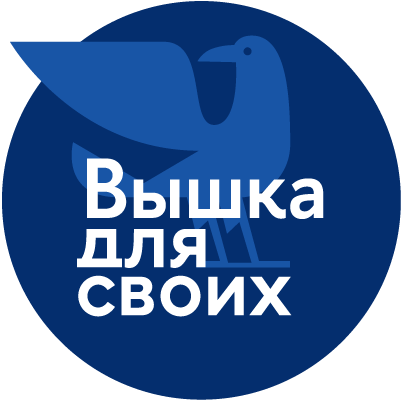- A
- A
- A
- АБB
- АБB
- АБB
- А
- А
- А
- А
- А
Studying Philology at HSE
— You graduated in Ulyanovsk. Was it difficult to make the decision to move to Moscow?
— Around my fourth year of study I was thinking about taking a Master’s course somewhere abroad, for example, in the Netherlands, where there are great programmes in linguistics. But then, purely by coincidence, I enrolled in the HSE Winter School for prospective Master’s students, where it became clear to me that I am going to HSE! Making the decision to move was not hard, since I always liked Moscow, but what was a little bit scary at first was the dorm: I had never lived in a dorm before. But it turns out that HSE has great dormitories.
— You majored in linguistics and translation studies. Why did you take a Master’s course at the Faculty of Philology?
— Initially, I was planning to go into Cultural Studies, and even took part in a student contest, but my score was not high enough. Of course, I was upset at first, but then thought that cultural studies are not exactly my interest (then I was writing a paper on modern parables and the peculiarities of their translation). The following year a Master’s programme in philology was launched, and I decided to apply to it. I participated in a contest again, did well enough this time, and was enrolled.
— Why about HSE attracted you?
— First, it was its lecturers and courses, and, of course, the numerous opportunities for research: you can attend lectures by guest professors, participate in research seminars and summer schools, or go study abroad. In addition, the opportunity to receive financial support to take part in academic events is very important: after the first year of Master’s studies, I received a travel grant to take part in a big conference in Budapest where I gave a presentation in English for the first time in my life.
— Your Master’s programme was called ‘Comparative Studies: Russian Literature in Cross-cultural Perspective’. What was the most interesting and useful in it?
— It’s difficult to say: absolutely all courses were useful, each in its own manner. I really liked how theory and practice were balanced and how the material from different courses was interrelated. The bridging courses were very useful; they helped those who studied something not directly related to literature to quickly grasp the idea. My favourite course was the one in Russian history and literature before Peter the Great; it was taught by my current academic supervisors, Anna Litvina and Alexander Lavrentiev. We were introduced to the written language of Ancient Rus and learned to read chronicles – this is very useful for those who are going to study this period of Russian literature.
— What are you doing now and what are your plans for the future?
— Now I’m a first-year student at the Postgraduate School in Philology; I’m continuing my research on 17th-century literature and culture. In May, I’m starting a two-month fellowship at the Artes Liberales department of the University of Warsaw; our university has a long partnership and regularly carries out joint projects with it. Knowledgeable people have told me that this is a very good place. Next year, I’m planning a longer fellowship abroad to prepare part of my thesis.
— What advice would you give to those who apply to the Master’s course in comparative studies?
— Read a lot. Really read a lot. It’s clear that without reading you can’t pass the exams and understand the course material, but, more importantly, reading helps you find your place in research, choose a topic for the term paper in the first year of study and for the graduation thesis in the second year.

